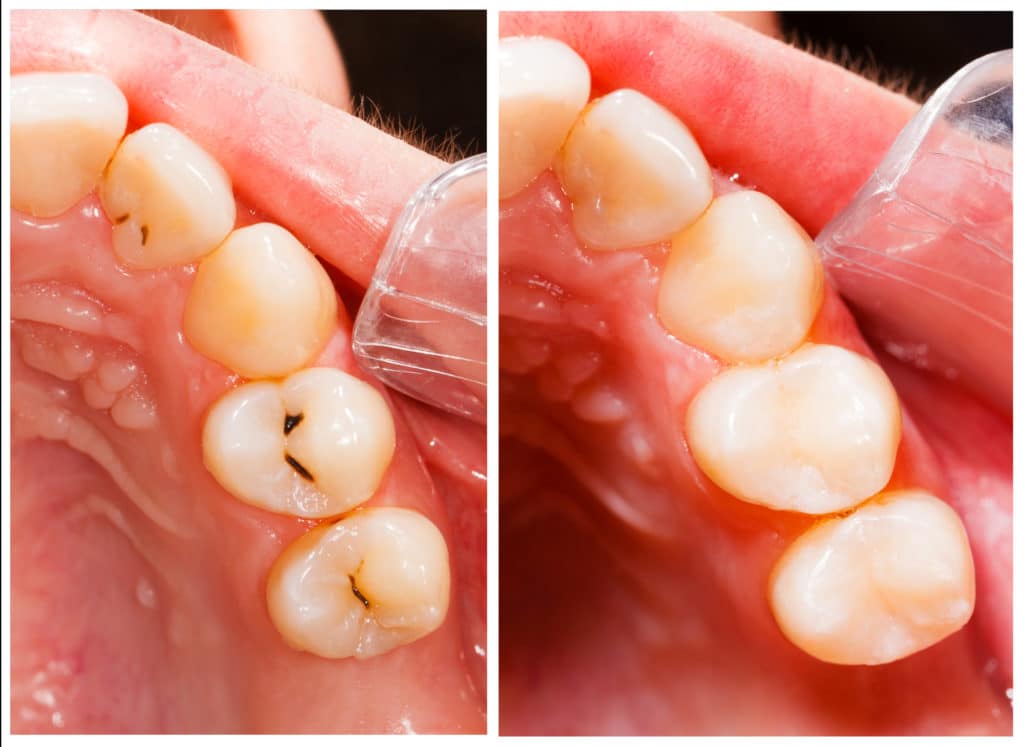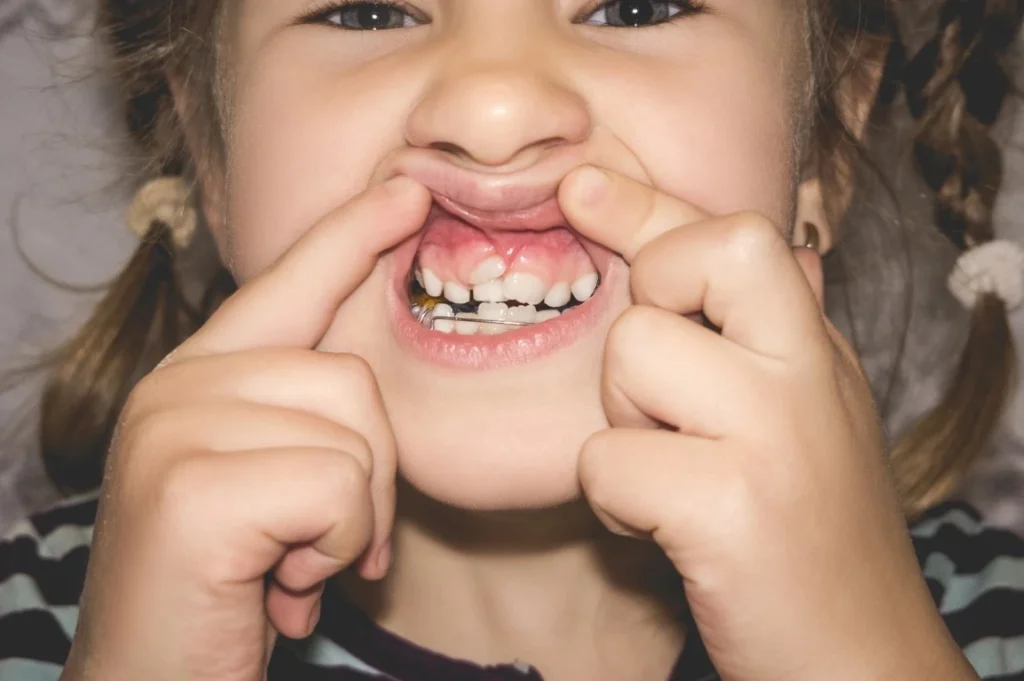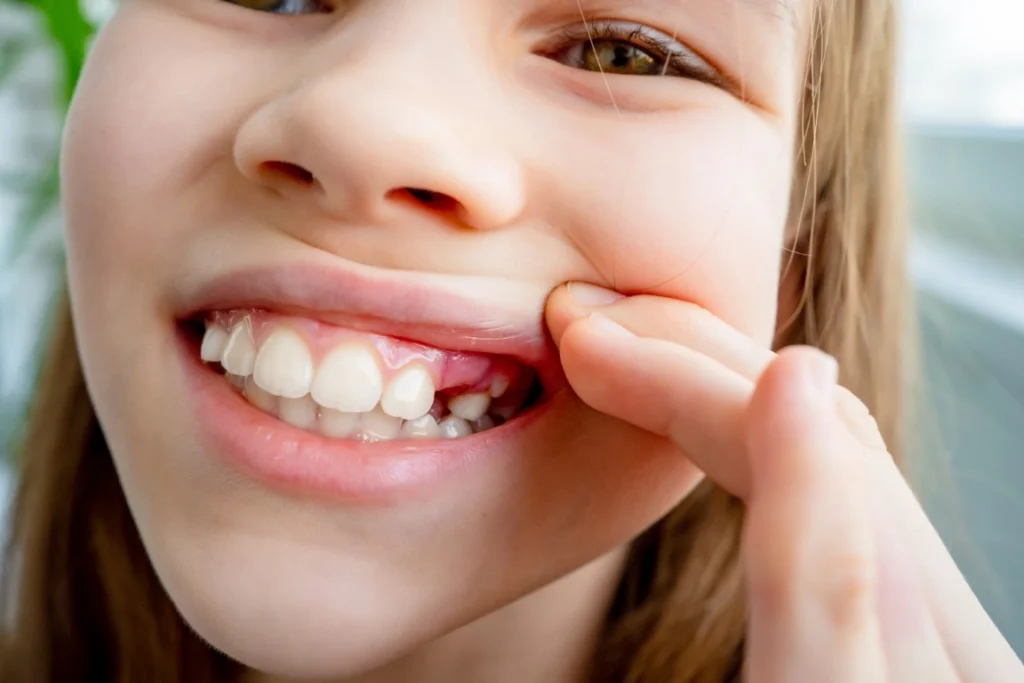
While keeping up with your dental hygiene and attending regular visits at your dentist’s office are essential, there’s another factor that can influence your oral health: genetics. If you have a family history of certain issues, you may be more susceptible to developing them.
At the office of Eric Felt, we understand that achieving lasting oral health requires a multifaceted approach that’s tailored to the individual patient. If you’re wondering about the role your genetic makeup may have on your oral health, keep reading to understand which dental issues may be hereditary and how to manage them.
The Role of Genetics in Oral Health
Oral health is influenced by both environment and heredity. Environmental factors are things you can control, at least to some extent: how diligent you are with oral hygiene, the foods you eat, how often you visit the dentist, etc.
Inherited traits that are unchangeable; they’re encoded in your DNA. When it comes to oral health, genetics can affect tooth development, saliva composition, enamel strength, gum tissue, and even jaw alignment. While you can’t change your genes, being aware of them can help you take proactive steps to maintain a healthy smile.
Common Hereditary Dental Conditions
There are many ways genetics can play a role in your oral health. Some people are more likely to experience certain issues than others, including tooth decay, gum disease, alignment problems, oral cancer, and more.

Tooth Decay
At its root, tooth decay is caused by bacteria in the mouth that feed on food particles and form acids and plaque that wear down the tooth enamel. However, genetics can influence the shape of the teeth and determine whether they have grooves that tend to trap food and bacteria, making you more or less likely to experience tooth decay.
Additionally, enamel strength may vary based on genetics, making certain people more prone to cavities.
Gum Disease
Like with tooth decay, gum disease is caused by a buildup of plaque as a result of excess oral bacteria. Certain genetic markers have been linked to a higher risk of inflammation and gum disease. If you have a family history of tooth loss or receding gums, this may be a red flag.
Malocclusion and Jaw Alignment
Just like you inherit your appearance from your parents, your bite alignment and the size and shape of your jaw can also be inherited. Overbites, underbites, crowding, and congenital defects may run in families and require orthodontic treatment.
Oral Cancer Risk
Cancer often runs in families, as well. Some inherited gene mutations can increase susceptibility to oral or oropharyngeal cancers, especially when combined with additional risk factors like smoking, poor oral hygiene, and alcohol consumption.
Additionally, some people may inherit an inability to break down certain cancer-causing chemicals, such as those found in tobacco smoke and alcohol, therefore increasing their risk.
Canker Sores and Cold Sores
Although the exact reason people get canker sores is not fully understood, they may have a genetic component. Between 24 to 46 percent of people who have repeatedly experienced canker sores have a family history of this condition.
While cold sores themselves are not inherited, some people’s genes make them more susceptible to getting the herpes simplex virus, which is the root cause of cold sores.

What You Can Do to Protect Your Oral Health
So, what can you do to protect your oral health? The first thing you should do is identify whether you have any genetic risk factors. Ask your family members about their dental history, and watch for signs like frequent cavities despite good hygiene, persistent mouth ulcers or jaw pain, and gum issues at a young age.
If you suspect you’re genetically predisposed to certain oral health issues, remember that your DNA doesn’t have to be your destiny. Many hereditary issues can be managed or prevented with:
- A consistent oral hygiene routine
- Routine dental checkups and cleanings
- Early intervention for orthodontic concerns
- Preventive care, like sealants or fluoride treatments
How Your Dentist Can Help
Your dentist can tailor your care plan if they know your family history, so it’s a good idea to share your concerns with them. They may be able to spot early signs of inherited oral health issues during exams, and with the help of diagnostic tools, they can aid in personalized treatment planning.
At the office of Eric Felt DDS, our number one goal is to do everything we can to support your oral health. We want you to know that genetics may influence your oral health, but knowledge and proactive care can make a big difference.
Contact us today to schedule an appointment and get started on a prevention-focused care plan.








